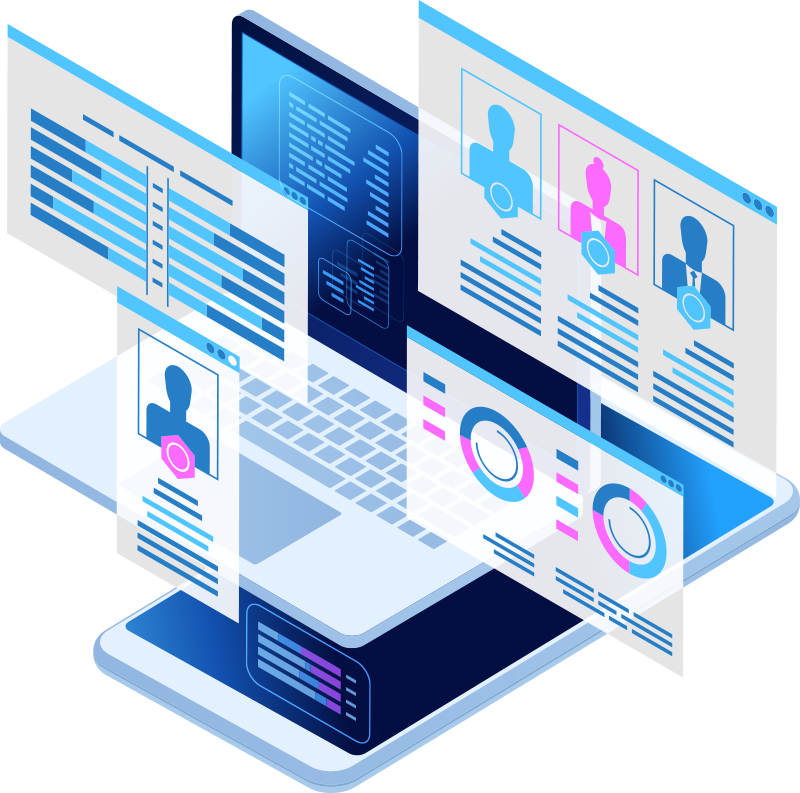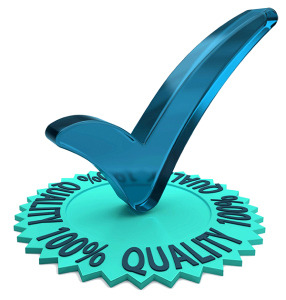With moreclinical trial sponsors working to comply with international regulations for clinical outcome assessments (COA) to meet trial endpoints, multilingual PRO translations have become an essential solution for industry sponsors and stakeholders in trial outcomes. As one of several different types of COAs, patient-reported outcomes (PRO) are a clinical measurement that is self-documented by the patient. These documents are used to record health outcomes like symptoms, quality of life, and adverse reactions to the intervention, as well as treatment evaluations, such as patient self-reports and healthcare provider ratings. Commonly submitted digitally in the form of an electronic patient-reported outcome (ePRO), PROs are essential for many clinical trials and ensuring that new medications and products can safely be brought to market.

To help sponsors and clinical trial stakeholders document and submit PROs in multiple languages, CSOFT Health Sciences offers professional PRO translations from expert, in-country linguists in over 250 languages. In addition to PRO translations, we offer a full range of COA localization solutions, including clinician-reported outcome (ClinRO) translations, performance-reported outcome (PerfO) translations, and observer-reported outcome (ObsRO) translations.
Patient Diaries Translation Services
Patient diaries are an essential tool that enables clinical trial participants and patients to accurately document patient-reported outcomes (PROs) and for study sites to monitor compliance. The study subject or patient may be asked to record information like adverse events, symptoms, or medication dosage times using a physical or electronic patient diary. Ensuring uniform clinical trial experience across languages and representative data analysis requires accurate and timely translation of patient diaries. CSOFT’s high-quality translation services will help you cross language barriers and overcome obstacles to finishing clinical trials.
Learn more about our patient diaries translation services.
Case Report Form (CRF) Translation Services
During a clinical trial, a case report form (CRF/eCRF) is an essential tool used by the trial sponsor to record and collect data on each trial participant. This makes CRF translations necessary for sponsors conducting trials across borders and needing to reach patients in multiple languages. To help the sponsor support and test their hypothesis, a CRF is created and used to gather vital patient information, which can range from a small collection of notes to high volumes of clinical notes and patient data. With a growing demand to reach patients across languages and to help sponsors comply with global Institutional Review Board (IRB)/Research Ethics Committee (REC) guidelines, CSOFT Health Sciences ensures professional and high-quality CRF translations.
Learn more about our case report form (CRF) translation services.


Linguistic Validation for COAs
Linguistic Validation is a critical step in ensuring the accuracy, cultural relevance, and consistency of translated Clinical Outcome Assessments (COAs) such as Patient-Reported Outcomes (PROs), Performance Outcomes (PerfOs), and Observer-Reported Outcomes (ObsROs). Our Linguistic Validation services involve a rigorous process of forward and backward translations, cognitive debriefing, and harmonization to ensure that translated COAs maintain the integrity of the original instrument while meeting regulatory requirements across global markets. This ensures that all translated assessments accurately capture the patient’s experience, allowing for meaningful cross-cultural comparisons and reliable data in clinical trials.
Learn more about our linguistic validation for COAs.
Quality Assurance
CSOFT Health Sciences has developed a process for quality assurance to ensure that every medical translation project meets quality standards in a cost-effective and timely manner. We are certified in ISO 17100:2015, ISO 9001:2015, and ISO 13485:2016 to ensure our customized solutions meet global regulatory requirements. Our subject matter expert linguists have at least seven years of experience and work with in-country reviewers and project style guides to meet industry standards. CSOFT offers an online translation management ecosystem for one central location to leverage real-time translation memory and terminology management through our innovative cloud-based technology. Every step of the way, CSOFT has you covered.
Learn more about our quality assurance process.
Data Security
With over 20 years of experience in medical translation, CSOFT Health Sciences understands the importance of data security to our clients, and we take nothing for granted when confidentiality is a concern. Our well-documented and fully traceable information data security policies, checklists, and quality records leverage the best practices of ISO 27001. They are designed to protect everything from source data to translations. From our 24/7/365 data monitoring and advanced encryption to our access control measures, you can be sure that your project data is safe from start to finish.
Learn more about how CSOFT prioritizes data security.

